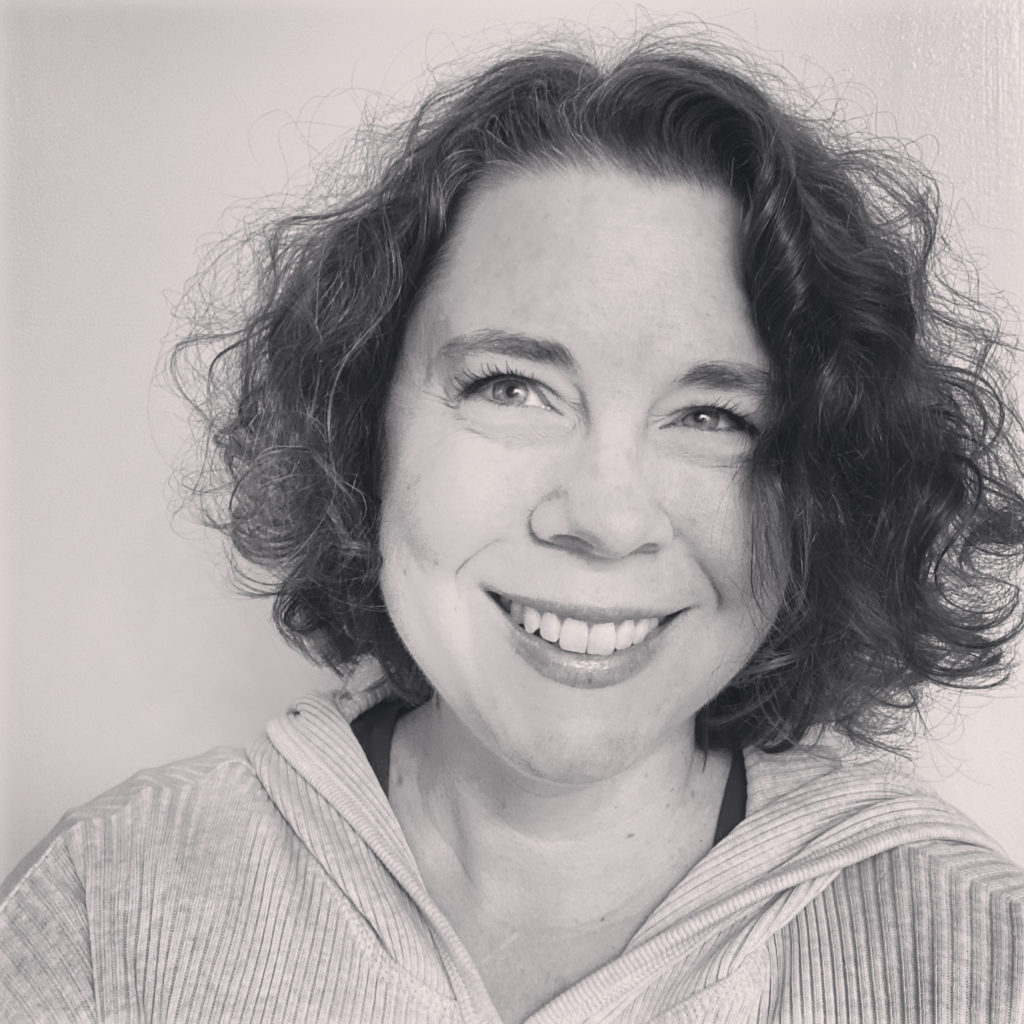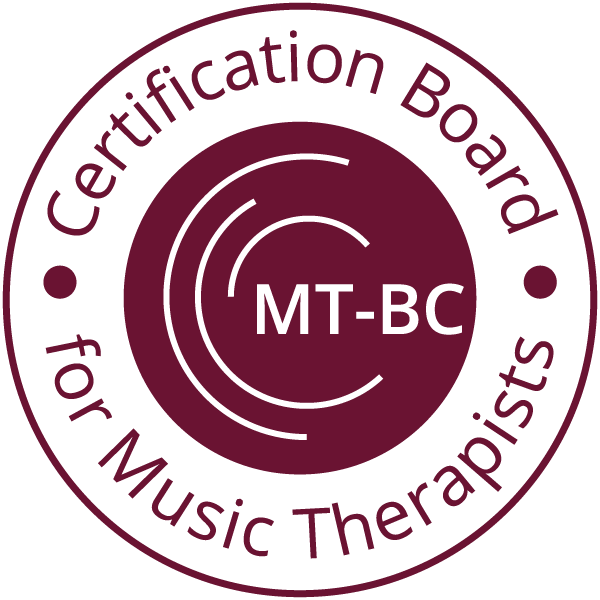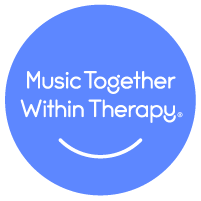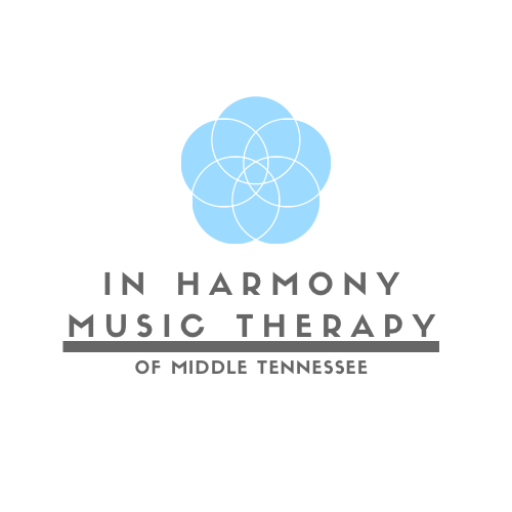
“April Showers Bring May Flowers”
Lately, I have been using this phrase in my music therapy sessions to help with memory and communication. I also have used similar phrases common in a person’s long term memory such as singing: One, Two, Three Strikes…… You’re Out! At the ….Old Ball Game!” This Neurological technique is called Musical Speech Stimulation (MUSTIM) ® and utilizes musical materials such a as songs, rhymes, chants, and musical phrases to stimulate speech and trigger automatic speech. I often use this with clients who have some type of non-fluent aphasia, accompanied by difficulty with cognition. This type of aphasia can be due to a stroke, or traumatic brain injury, or related to Alzheimer’s disease or dementia. It is a researched based technique which is a strategy for stimulating the initiation of spontaneous functional word or phrase utterances.
Sam* has Broca’s aphasia , he has done well with another technique, Melodic Intonation Therapy (MIT)® where he has relearned to say common phrases through the use of paring a melody with a phrase. However, when he goes to speak in conversation, he still has trouble getting the correct words out. This is frustrating to him and hopes he can continue to make progress in his recovery from his stroke six months ago. The Music Therapist has begun incorporating MUSTIM into his music therapy sessions. With this technique, he has shown progress when the Music Therapist starts the phrase through a simple melody, “My name is…. and I live in….” Thus, Sam immediately responds, “Sam” and the name of the city where he lives. When Sam has a conversation with a family member, they have also been coached to “cue” him by starting the sentence for him. Through engaging in neurologic music therapy, Sam, is making progress towards his individual goals for stroke recovery.
MUSTIM and MIT are only two of the many researched based techniques used for various populations and conditions people young and old may engage in recovery, growth, development, rehabilitation, and improve quality of life. As you are reading this blog post, do you have someone in mind who would benefit from neurologic music therapy? Schedule a free consultation, email at carrie@inharmonymusicmidtn.com, or call me directly at 615-390-3207. I’d love to answer any questions you may have regarding neurologic music therapy for your loved one!
Be Well,
Ms. Carrie





*Name and some details changed for privacy
Reference: Handbook of Neurologic Music Therapy, edited by Thaut & Hoemberg, Oxford University Press, 2014.